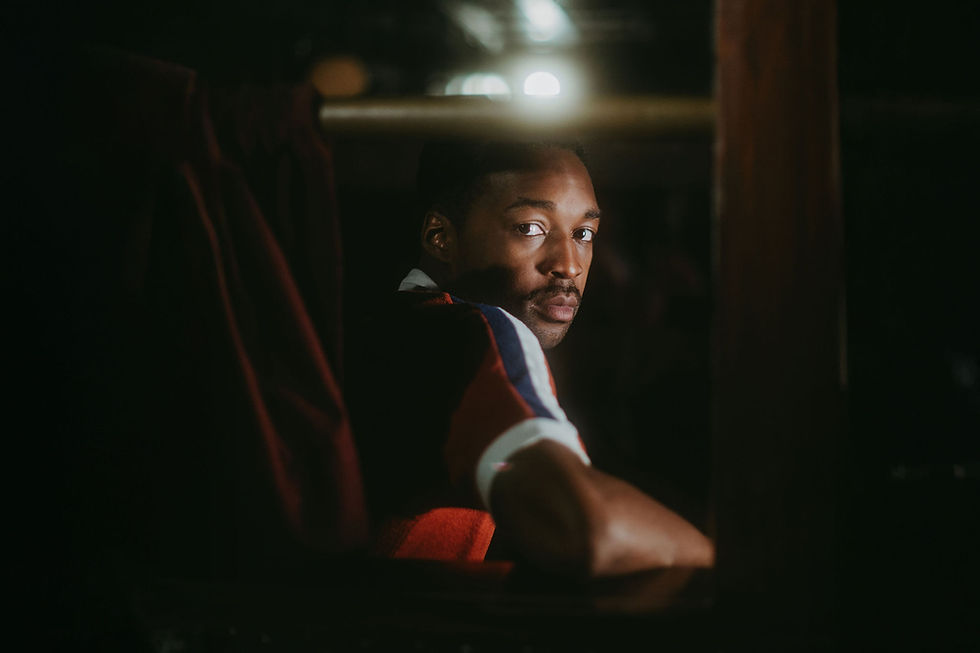EAGLE AND THE WOLF – TWO LOVERS: REVIEW
- Sep 17, 2021
- 2 min read

EAGLE AND THE WOLF
Two Lovers (Folk Mountain Records)
They are sneaky people yon Eagle and Wolf – and not just because of the tricky way they have of using/dropping/re-using the ampersand in their name (with it in the press material, without it on the album cover, with it when loaded into iTunes and in Spotify, without it, reluctantly, here).
The sneakiness from on/off stage partners Sarah Humphreys and Kristen Lee Morris is in how their second album as a duo plays itself in as a gently undulating country/roots record – the first three songs offer, in order: dual voiced charm and wistful dreaming; a chugging barroom rhythm that wants you to drive after this one drink; a toe-tapper swinging off a double bass and a big grin. But by the time it is playing itself out, with a song about listening to Ray LaMontagne that is as emotionally curly as one of his own songs, it has become an album that has you gripped and wondering when did all these swirling feelings take you over.
It’s not entirely clear when this shift definitively occurs but somewhere after the image-rich Currawong (a song about separating faith in yourself from your faith in others, that balances pedal steel, banjo and the church choir’s front pew) and Scare Myself (a central piano slowly giving way to acoustic and electric guitar as Humphreys’ voice leads Morris’ into a partially obscured corner) have taken centre stage, the weather forecast has decidedly darkened.
Indeed, as Morris steps to the front in Mescaline, finding his inner Townes Van Zandt to the accompaniment of a bent blues guitar line, you begin to feel a chill. “I can’t believe the things that I have dreamed,” he sings, his voice pained and hers too distant to offer any solace, only an echo of the hurt.
If the run then to the closing Ray feels like a tightening of the environment, it doesn’t ever feel heavy: Here In My Arms, for example, seems to hover in space between their voices, and Here We Are is an old-fashioned country song without any traditional accoutrements, and not that many words, that still manages to paint a sense of grace under pressure. Those songs work to prepare the ground but not dominate the mood so that Ray can work at its own pace to insinuate itself.
It’s important to note however, that while the last impression of the album is this creeping intensity, the first half of the record is not washed away in the memory. After that opening trio which bustles with optimism, Soft Hearted Woman, weeping guitar and all, is lazily elegant in the manner of Faron Young or something a young Willie Nelson might have penned for Jan Howard or a relaxed Patsy Cline, while Love Isn’t A Bucket is not just the best use of their entwined voices but a nicely balanced position for inconclusive lovers, between promise and correction.
And yet that is one thing Two Lovers isn’t, inconclusive, fluctuating ampersand, tipping to optimism or gloom, interior and exterior focus and all. This is a record that knows where it wants to be at all times.
APPLE MUSIC: Listen to Eagle And The Wolf - Two Lovers




Comments